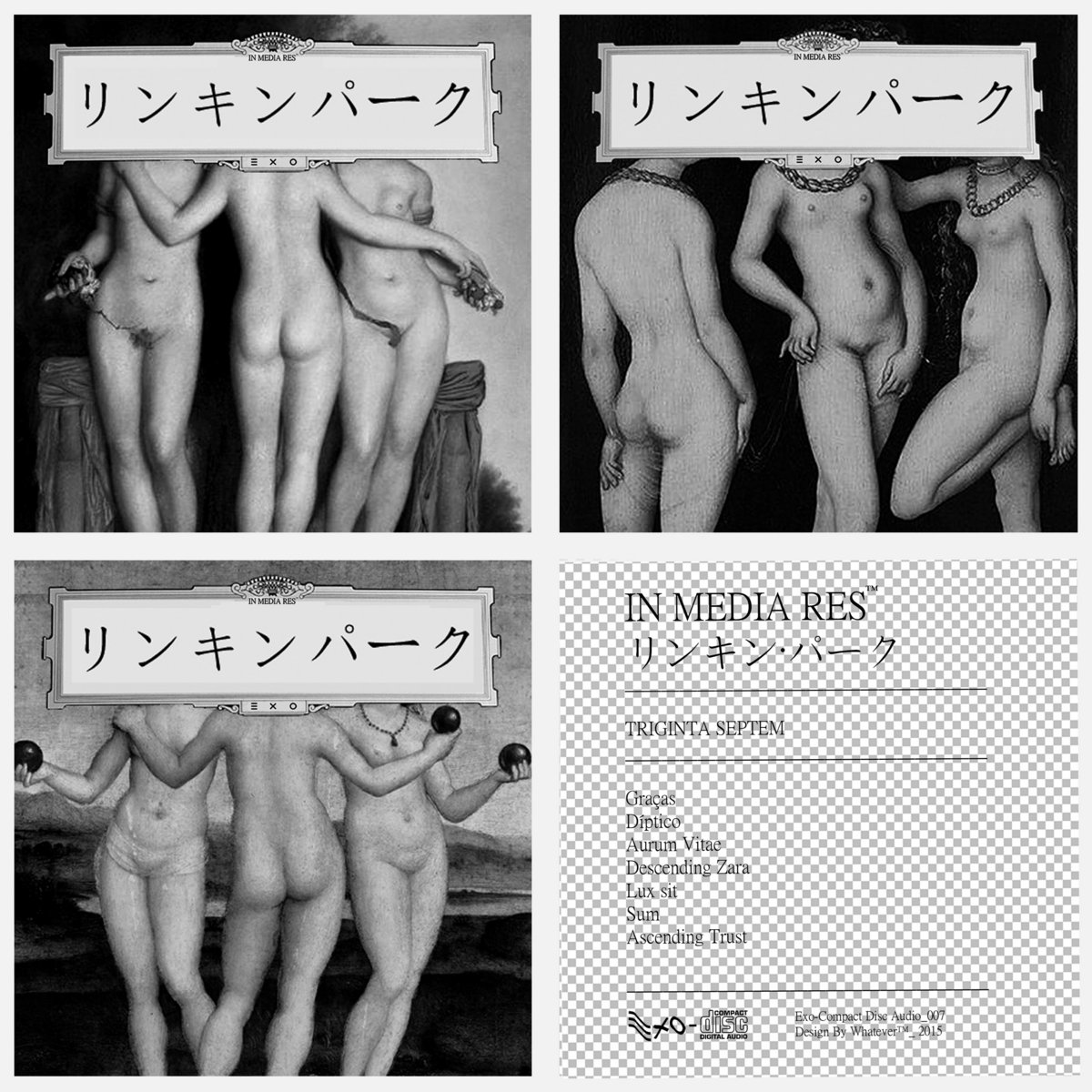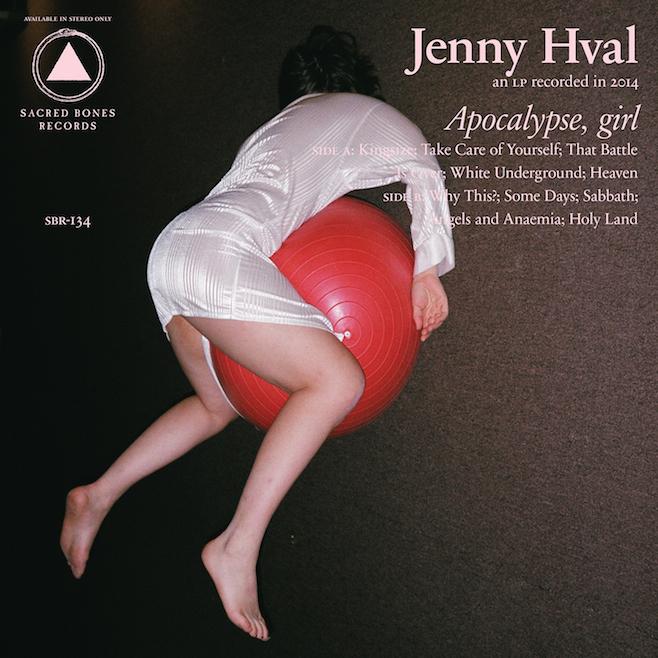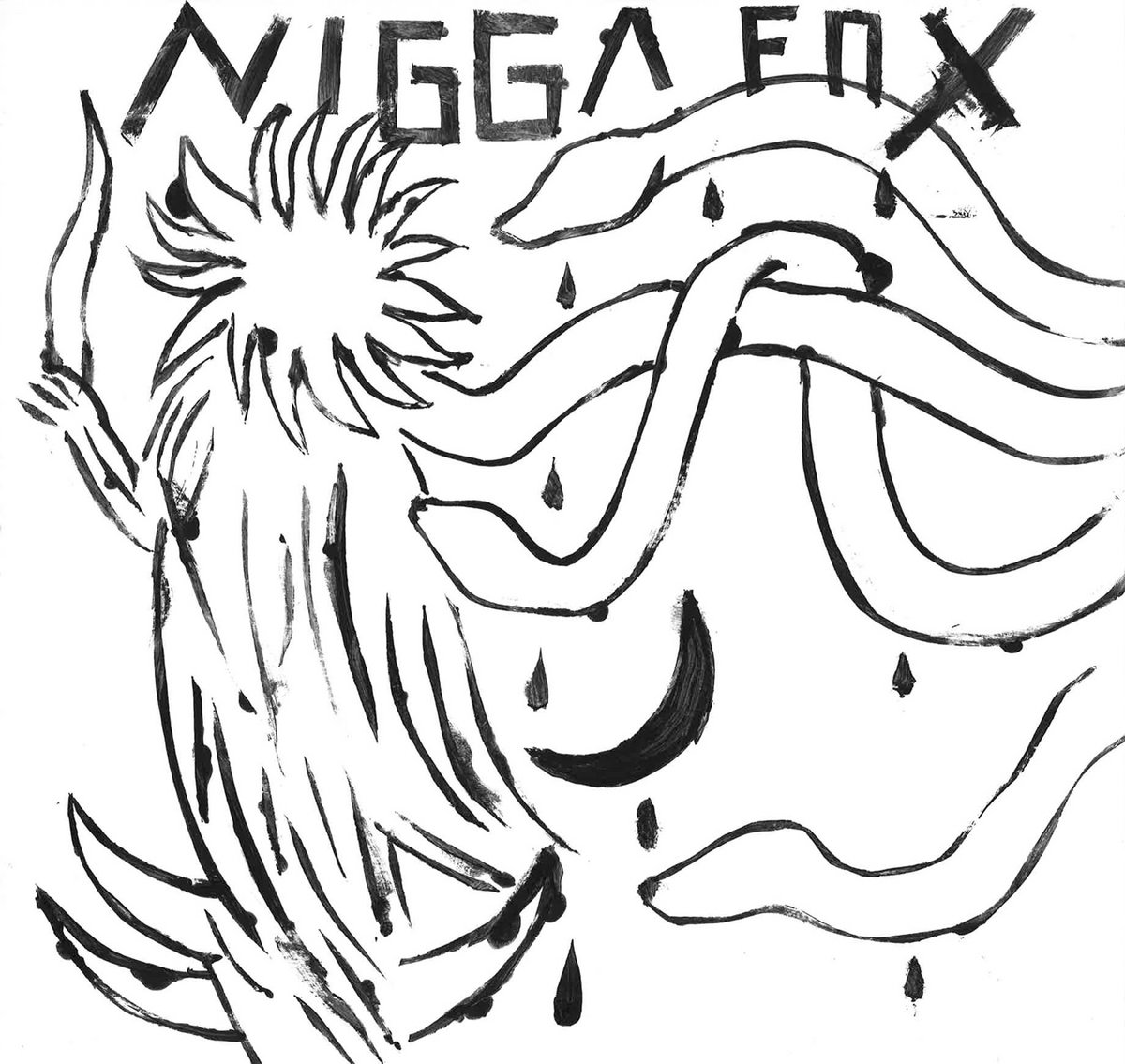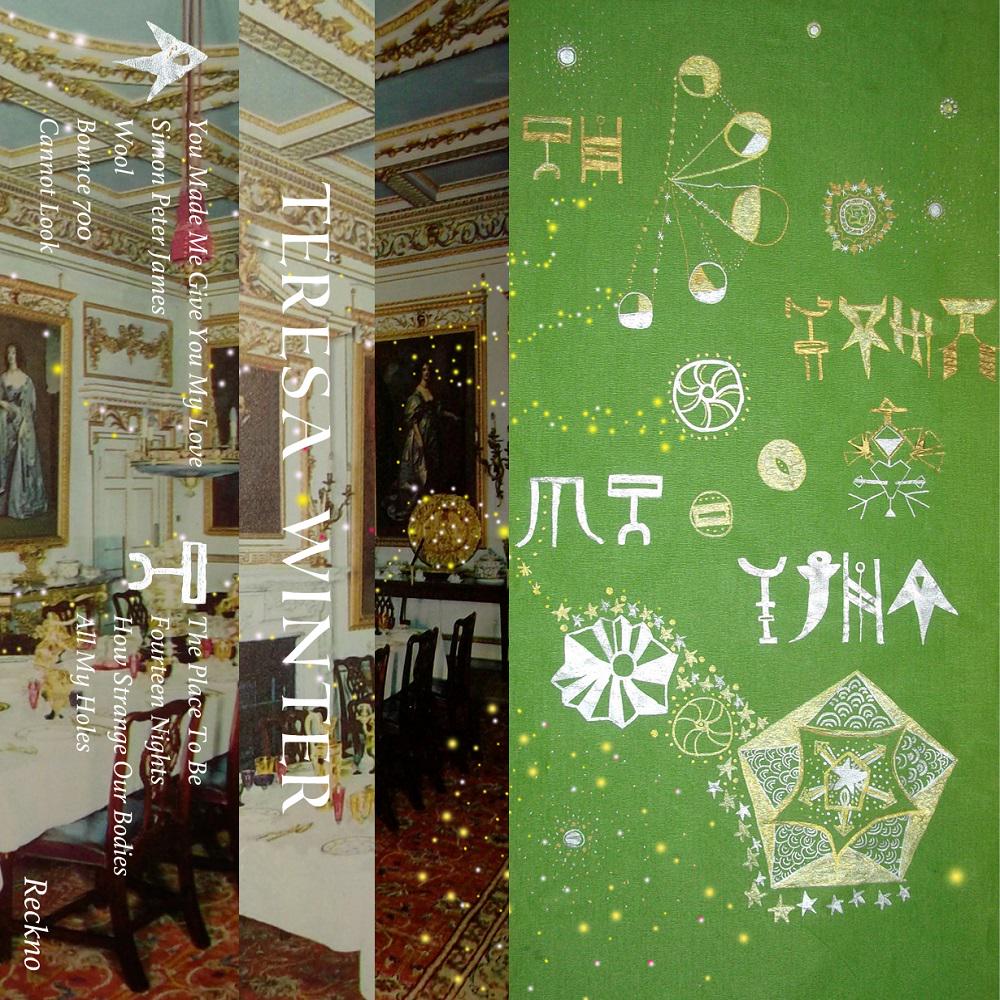The Soft Pink Truth Why Do the Heathen Rage? (Thrill Jockey, 2014)
Can popular music ever exist without politics? Even in mainstream, charting music, one cannot help but get the sense that, now more than ever, artists are bringing an explicit political agenda to their work. Beyoncé, perhaps the foremost singer in pop, male or female, described herself as a "modern-day feminist" in an
interview with Vogue UK, before taking this notion to its logical extreme on her self-titled album late last year: surely only Yoncé can shout "bow down, bitches!" over a drilling trap beat, before dedicating the middle portion of the same track to an excerpt from feminist writer Chimamanda Ngozi Adichie. An overtly political record, then, but also the fastest selling album in the history of the iTunes Store. Away from the Billboard 200, the likes of Sleaford Mods and Young Fathers are spinning intriguing political narratives of their own, deeply rooted in background and personal circumstance.
Perhaps, however, we try to shoehorn politics into a musical context too hastily. For all the thinkpieces and articles on the supposed feminism of Miley Cyrus, the tracks on
Bangerz, both lyrically and musically, remain effectively apolitical in nature; this is music for the party, which by design defies any political reality. This escapism is ultimately shallow, but Cyrus most certainly knows that she needn't create discussion through her music, so she doesn't. In the case of Cyrus and
Bangerz, it's the aesthetic which takes precedence, and while on some level she may attest that her image subscribes to feminism, she is also aware that sex very much sells. Unlike Beyoncé, her ass is less a
liberation front and more a platform from which to sell records.
This, then, poses a different question; can popular music exist without sex? In a Freudian sense, sex has manifested itself across all "popular" (I use this term quite broadly here) genres; not just amongst charting/radio music, but also at the more esoteric end of the popular music spectrum. From a distance, black metal might appear to be totally and utterly sexless, with many of its practitioners employing distinctively misanthropic, sacrilegious imagery in their work. It is upon closer inspection that themes of sexual desire and lust begin to appear, and this also happens to be where Drew Daniel's Soft Pink Truth project enters the fray. The Soft Pink Truth is the Matmos member's playful dance-orientated output, probably best known for 2004's
Do You Want New Wave or Do You Want the Soft Pink Truth?, a collection of hardcore punk songs reimagined as synth-heavy house. Having spent the better part of a decade mainly focusing on his operations in Matmos, Daniel has emerged with the first Soft Pink Truth record since
Do You Want New Wave...: this time, an album of black metal covers.
That Daniel should even touch genre classics such as Venom's "Black Metal" or Darkthrone's "Beholding the Throne of Might" is problematic in and of itself; black metal fans are famously dogmatic, and reconfiguring these tracks as house/electronica is enough to provoke bile-spewing internet comments as it is - indeed, the video for the "Black Metal" cover has already had a number of commentators express their distaste for Daniel's treatment of the original - but the most provocative issue underpinning
Why Do the Heathen Rage? is sexuality. Daniel occupies a unique vantage point, as both a self-professed black metal fanatic and a homosexual man. It is this situation that drives the very essence of
Why Do the Heathen Rage?, for this isn't so much a "profanation" of black metal as it is a complete genre deconstruction, not only gleefully attacking the dogged authenticity it strives for, but also the extreme homophobia and prejudice of some of its practitioners.
Daniel's makeovers penetrate themselves deeply into black metal's kvlt principles, reimagining aggressive riffs as acidic synth squeals, blast beats as punchy drum machine patterns, and so on. Interestingly enough, it's not only black metal that is being retooled here; baffling house and pop interjections appear throughout, such as Chuck Roberts' famed "
let there be house!" proclamation on "Let There Be Ebola Frost". While this certainly smacks of a kitschy, self-indulgent appropriation of the genre, this tongue-in-cheek approach is not without a degree of respect for the material that is being worked with. The lyrics of the respective tracks Daniel takes to are kept intact, and the vocal delivery of these lines tends to retain the same raspy growl; clearly, these covers function not only to critique the narrow-mindedness of the black metal community at large, but ultimately to
celebrate the music itself as Daniel confronts the fascistic ideals of his beloved genre.
As an exposé on the abstruse sexuality of black metal,
Why Do the Heathen Rage? succeeds spectacularly, with lines like "riding Hell's stallions, bareback and free" reframed to now perhaps indicate the latent homoeroticism of some of the sacred cows of the staunchly masculine genre. It also succeeds as both an imitation and a respectful tribute to the unfuckable-with musical and thematic values at the beating heart of black metal. Above all, however, it succeeds as a Soft Pink Truth album; even without the serious historical subtext of
Why Do The Heathen Rage?, it can be appreciated on its own terms as a hard-hitting, amusing and, occasionally, even danceable set of tracks.















